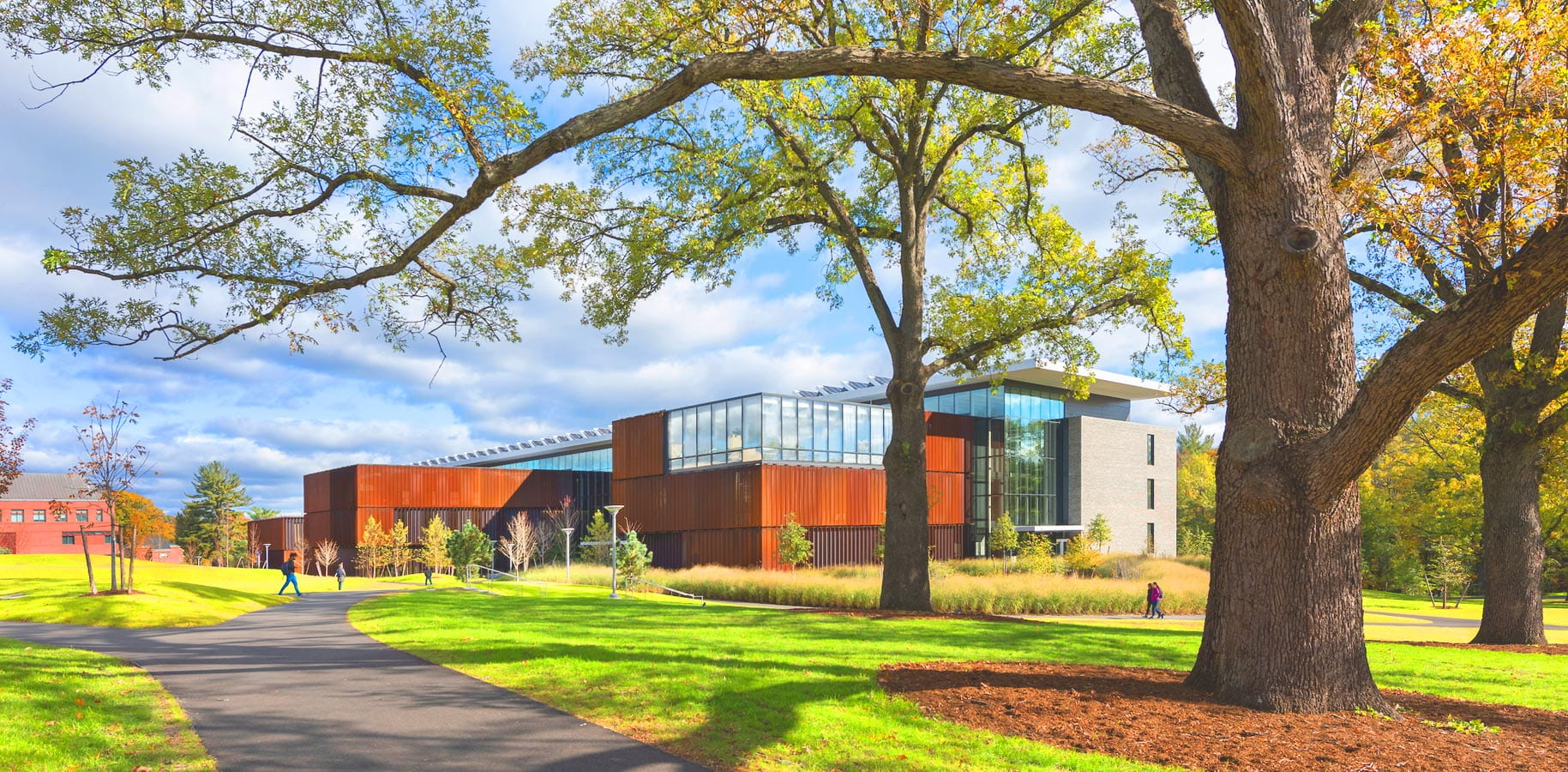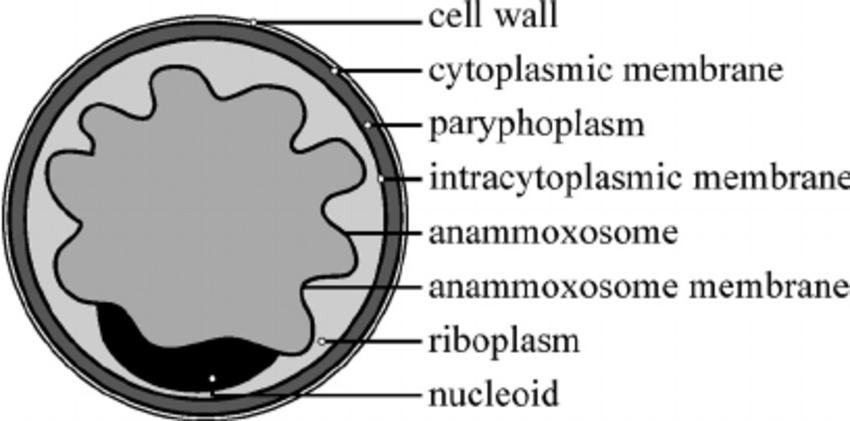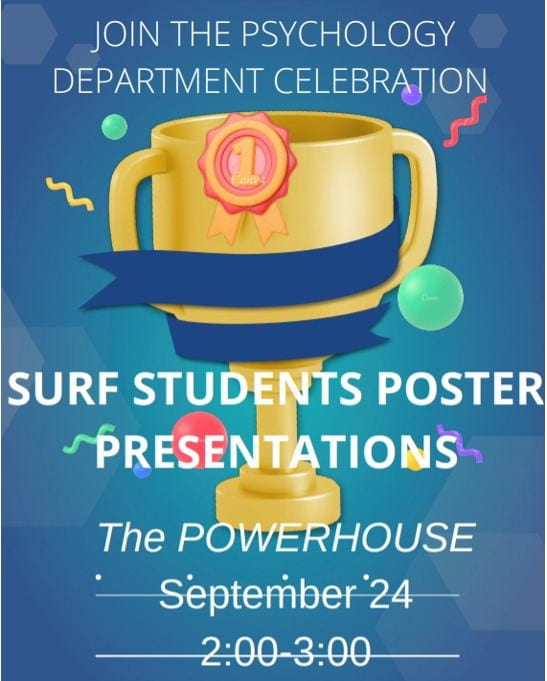Hi there! My name is Alison Weiss, and I am a rising senior at Amherst. This summer, I am working at CERN, the European Organization for Nuclear Research, in Geneva, Switzerland. As a physics and computer science double major, it is exciting to be spending the summer at the place where both the Higgs boson…
A Summer at CERN










